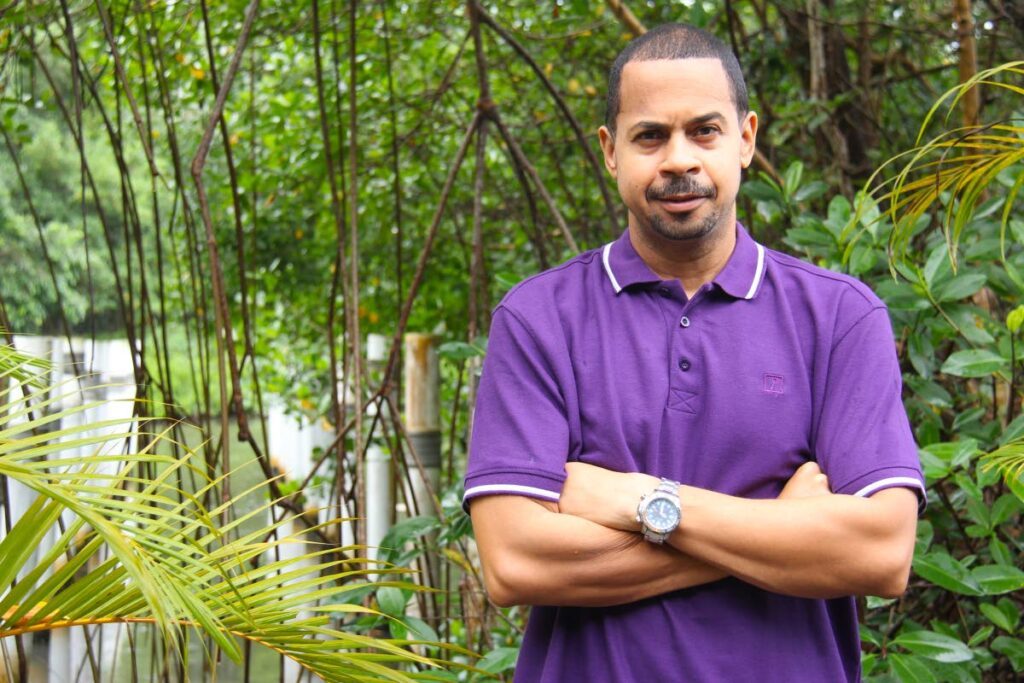Navigating toxic social media

I RUB lots of people the wrong way. Always have.
Sadly, the people I’ve rubbed the right way ain’t talking. That’s as it should be, I suppose.
On social media platforms, though, the toxicity of seemingly random attacks and unrestrained, sustained vitriol among the digital mob can be withering.
This makes the online realm a hazardous place for job-seekers or entrepreneurs using the platforms to get their businesses and themselves in front of new audiences.
And what of the children? When I see children left unattended by their parents with smartphones in their hands, I think to myself I’d probably be less nervous seeing them careering down a flight of stairs with newly-sharpened knives in hand.
Online malevolence seems almost random and inexplicable, like a brutal mauling from an otherwise amiable family pet with no history of violence. Trollery infests corners of the internet previously considered demilitarised zones. If you’re going to LinkedIn, ostensibly a professional networking site, looking for trouble, then a house of mirrors won’t help you see the problem is you.
For content creators and others who make their living through the platforms, cyberbullying and online character assassination are existential challenges.
This past week I stumbled onto two videos on the “YouTubes” from prolific, reasonably successful YouTubers. In them, they mused about the peculiarity of enmity on their posts. Some of the venomous comments go as far as threatening their families.
What’s the nature of their content, you ask? Maybe they’ve got political channels delving into prickly topics like the war in Gaza or the ongoing contest in the run-up to the US election in November.
No. In both cases these YouTubers specialise in camera gear reviews. This is a sizeable niche across all platforms, with filmmakers and photographers peddling honest appraisals of the latest cameras and accessories to hit the market.
It’s hard to imagine camera nerds as a rowdy, unhinged bunch. In my experience they are, and it’s not just them.
Coping with this hostile environment starts with understanding what’s behind these vicious vibes. Cyberbullying and comment-stalking are windows into the mental states of millions around the world. Needlessly negative and combative comments online are the pinging feedback of disappointment, anger, unhappiness and mental instability boiling over in many internet users. Like drink, drugs and other destructive behaviours, online trollery is a method of “treating” the psychological schisms wrought by the tectonic pressures of modern life.
If social media platforms are central to your professional ambitions, then one way to avoid being derailed by the troll brigade is to keep your eyes fixed on the mission: reminding yourself daily why you are on social media and what you’re trying to accomplish programmes the mind with an order of priority.
So, in stimulating crucial engagement on your social media posts – comments, likes, shares – concentrate on legitimate opinions and questions. This is the sort of engagement best suited to advancing your purpose online. There’s no downside to completely ignoring malicious comments.
Occasionally, I respond to derogatory remarks or personal attacks with, “I’m sorry you feel that way,” or, “I hear you.”
There’s no reasoning with people online bent on a fight. The number of minds you can persuade with sound arguments and rational facts can fit on the head of a pin. By engaging in a neutral manner or not at all you won’t need to block anyone. They will self-block when it registers that they’re in conversation only with themselves.
For a content creator or careerist using social media to get ahead, adopting this tact is crucial. Trolls can evolve into professional career assassins, scouring the internet for all traces of you, and in some cases depositing false reviews on your business or contaminating your online presence with fictions about your work history to cause real harm.
Iron Mike Tyson said it best: “Social media made y’all way too comfortable with disrespecting people and not getting punched in the mouf for it.” In what’s perceived by many as a consequence-free environment, users say and do what they scarcely would in a physical social interaction.
Navigating this miasma of malevolence can feel futile. Recidivism among trolls is practically a reflex action. Confronting their comments with reason only further intensifies their attentiveness.
Encountering a barrage of negativity every day is nothing short of psychological torture which can destabilise your mental and physical health. Keep in mind that a troll’s calling online is to troll. Your objective is success and enlightenment. Never let the former undermine the latter.

Comments
"Navigating toxic social media"